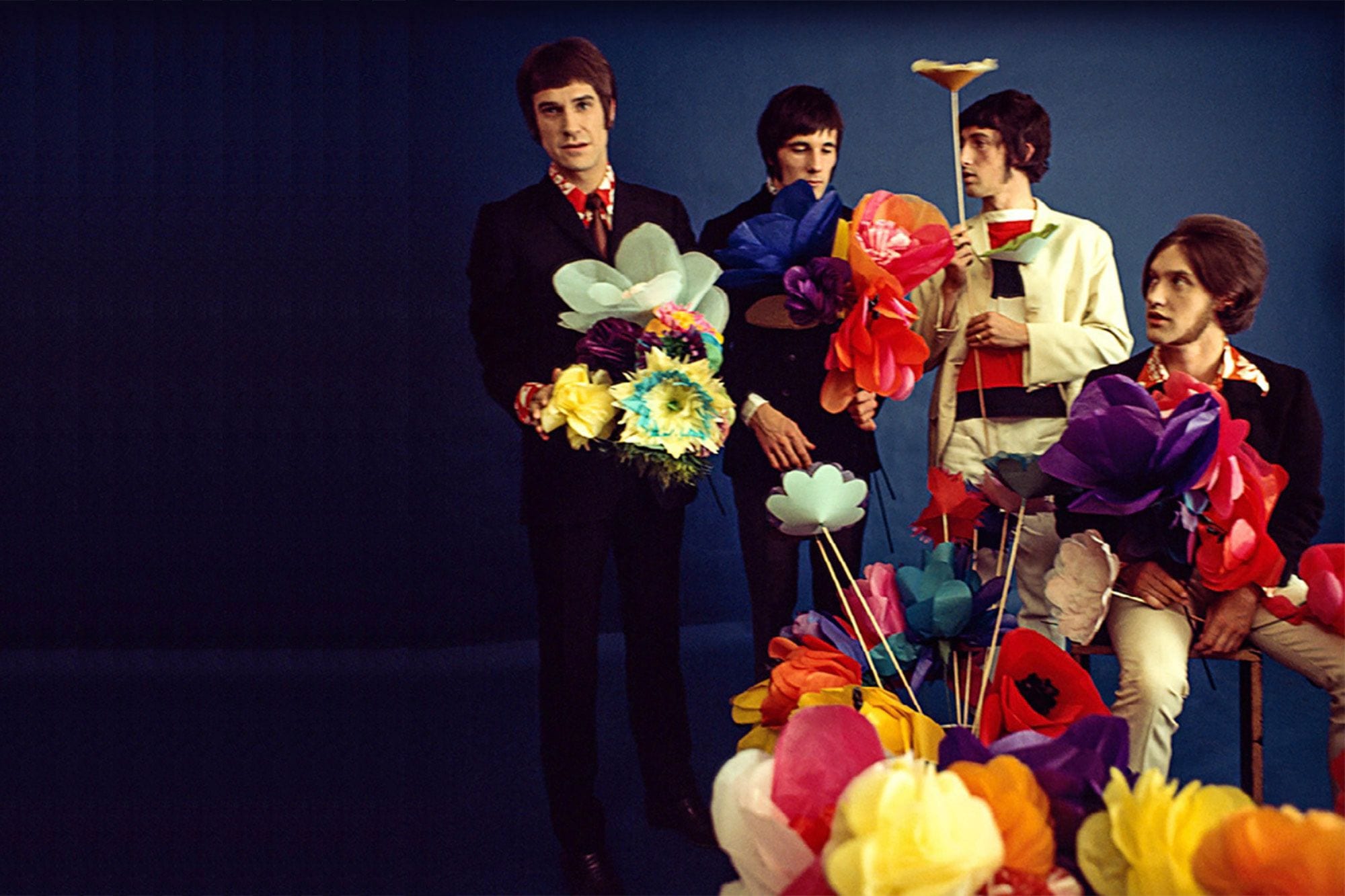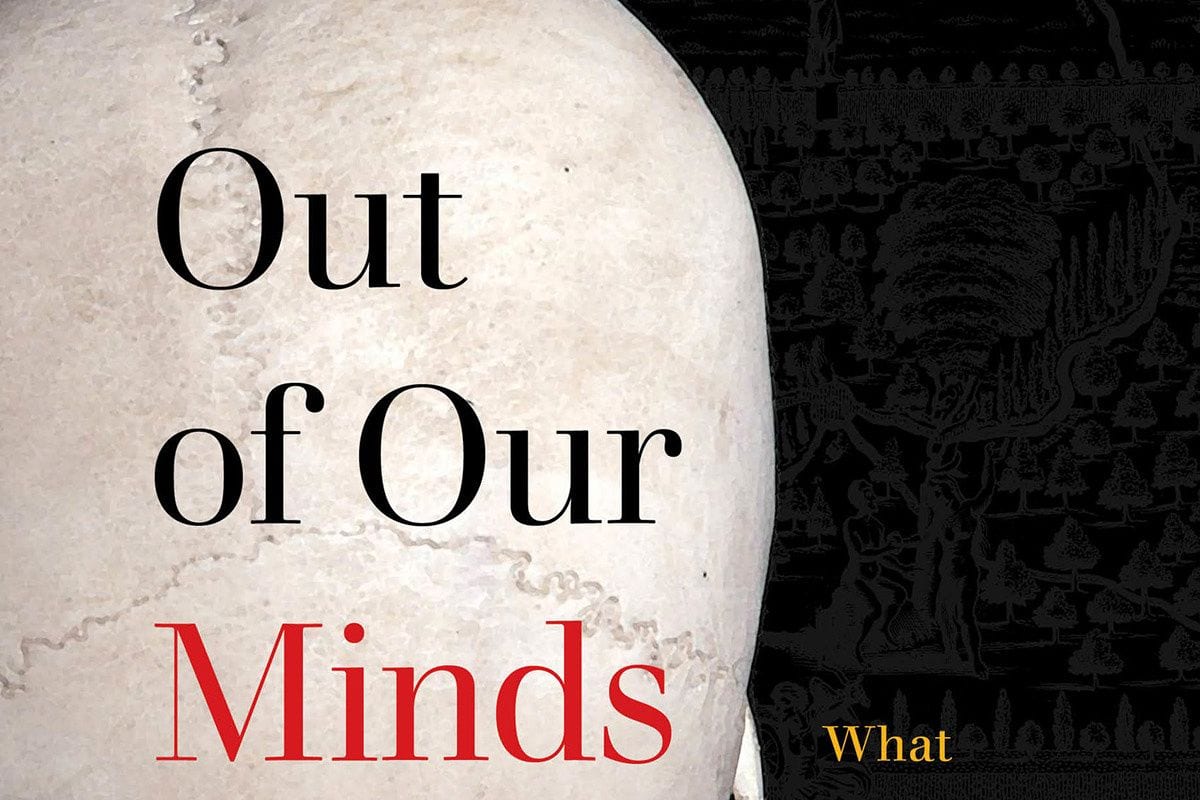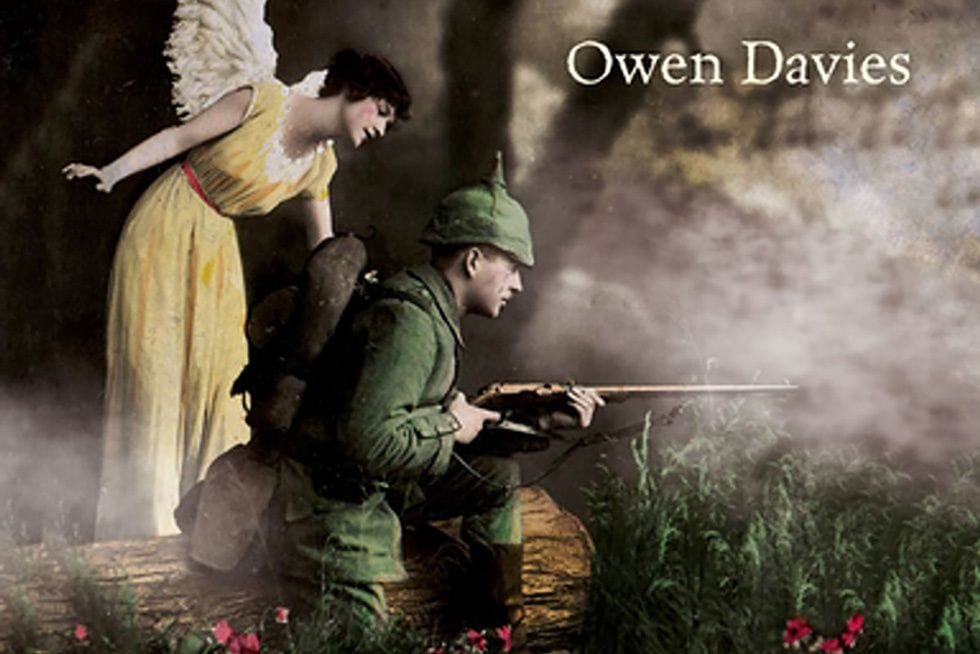
Scholar Peter Stanfield Brings ‘Hate’ to the Who’s Pop Art Period
Peter Stanfield’s ‘A Band With Built-In Hate’ highlights redundancy, aggression, obsolescence, and ambiguity in Townshend’s lyrical stance and the Who’s performing methods.

Peter Stanfield’s ‘A Band With Built-In Hate’ highlights redundancy, aggression, obsolescence, and ambiguity in Townshend’s lyrical stance and the Who’s performing methods.

Woven into Utopia Avenue David Mitchell stitches a subtle critique of the impacts of the pot-heavy, lysergic-immersed, and heady music’s ambitions on pop culture, moral choices, and even tripping itself.

Mark Doyles biography of the Kinks might complement a seminar in British culture. Its tone and research prove its intent to articulate social critique through music for the masses.

More than just a tale of one man's fall, Balzac's Lost Illusions charts how literature becomes another commodity in a system that demands backroom deals, moral compromise, and connections.

Jhumpa Lahiri's picks for The Penguin Book of Italian Short Stories may betray her sympathies. She has no problem with this.

In Out of Our Minds, Fernández-Armesto encourages readers to distrust visionaries who promise perfection.

From Marion Turner's work, Chaucer: A European Life, Chaucer emerges as a man who lived through intrigue, rebellions, a peasant's rising, and above all, a determination to translate.

Exploring the charms and rituals believed to safeguard WWI soldiers makes A Supernatural War a fascinating read.

With Aquinas and the Market, economist and theologian Mary L. Hirschfeld begins a necessary conversation between economic and theological sectors, in the academy and, one hopes, outside the ivory towers and seminaries, to calculate our ultimate worth.

Is a "theology of humor" viable?

Billions grapple with a frenetic paradigm shift which scuffs lines between a carefree ant's and a diligent grasshopper's domains.

As an activist, Wilde persists as a necessary voice "from the depths" of these stark texts.